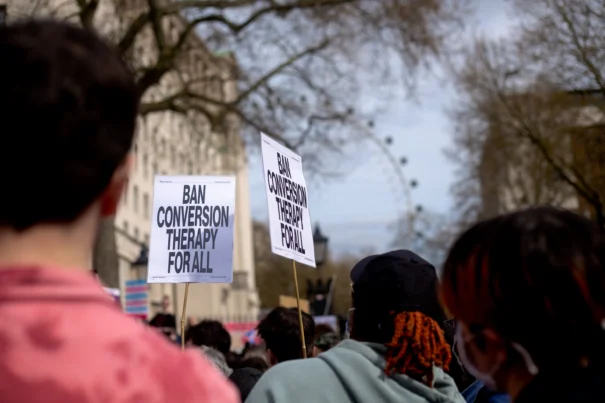Despite the disappointing election results, valuable ground was gained for the pro-abortion movement. Of the 10 states where abortion was on the ballot, seven passed referendums supporting abortion rights. These states are now taking legal action to remove barriers and enshrine abortion rights in their state constitutions.
Abortion Wins Across Seven States
Arizona:
Arizona voters successfully passed a referendum that guarantees abortion rights up to fetal viability, around 23–24 weeks of pregnancy. This marks a dramatic shift from the state’s previous 15-week abortion ban. Pro-abortion advocates gathered over 800,000 signatures—double the required amount—and raised $32 million, dwarfing opponents’ fundraising efforts. Moving forward, activists aim to challenge medically unnecessary restrictions like 24-hour waiting periods, mandatory ultrasounds, and a ban on mail-order abortion medication.
Missouri:
Missouri’s state constitution now affirms a “right to reproductive freedom,” effective December 5. This amendment comes as a significant reversal in a state that was the first to ban abortion completely after Dobbs v. Jackson Women’s Health Organization. Additional ballot measures passed alongside the abortion amendment include a minimum wage increase to $15 per hour and mandatory paid sick leave.
Planned Parenthood of the Great Plains has already filed a lawsuit challenging Missouri’s total abortion ban and other restrictive laws, including requirements for surgical licenses, unnecessary pelvic exams, and 72-hour waiting periods. Dr. Selina Sandoval described these restrictions as a “web of impenetrable, onerous, and medically unnecessary obstacles.” Advocates argue these policies have contributed to high STI rates, poor pregnancy outcomes, and a shortage of healthcare providers in the state.
Nevada:
Nevada’s abortion referendum guarantees the right to an abortion until fetal viability, about 24 weeks, and protects the life of the pregnant person. The law will take effect in 2026, solidifying abortion access under the care of qualified healthcare professionals.
Montana:
Montana voters amended the state constitution to explicitly include a right to abortion. While abortion has been legal since 1999 due to the Montana Supreme Court’s interpretation of the right to privacy, this amendment ensures abortion rights are protected from future judicial reversals.
Colorado:
Colorado voters approved Amendment 79, which establishes the right to abortion, removes restrictions on public funding for abortion services, and mandates abortion coverage in health insurance plans. Additionally, it prevents state and local governments from imposing new restrictions on abortion access.
New York and Maryland:
Both New York and Maryland voters affirmed constitutional amendments protecting abortion rights. New York’s amendment includes an equal protection clause, while Maryland explicitly states its residents have a “right to reproductive freedom.”
Challenges in Florida, South Dakota, and Nebraska
Florida:
Abortion rights failed to pass in Florida, where referendums must receive 60% of the vote to succeed—a hurdle imposed by the state legislature. Republican Governor Ron DeSantis also allocated state funds to anti-abortion campaigns, influencing the outcome.
South Dakota:
South Dakota’s referendum proposed allowing abortion in the first trimester but permitted state regulation in later stages. With exceptions limited to saving the life of the pregnant person—not rape or incest—the measure was deemed too restrictive by many voters.
Nebraska:
Nebraska voters faced two opposing ballot measures. One established a 12-week abortion ban with exceptions for rape, incest, and life-threatening cases. The other, which sought to enshrine abortion rights in the state constitution, failed to pass.
A Step Forward
The victories in Arizona, Missouri, Nevada, Montana, Colorado, New York, and Maryland are monumental steps in ensuring abortion remains accessible and life-saving in these states. While challenges remain in Florida, South Dakota, and Nebraska, the progress made demonstrates the strength of grassroots advocacy and the growing demand for reproductive rights.
For now, let’s celebrate the progress achieved and continue working toward a future where every person has the right to make their own reproductive choices.



